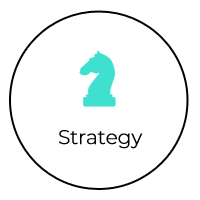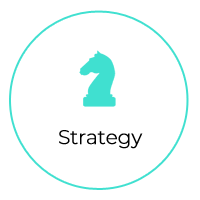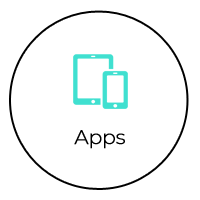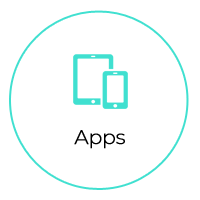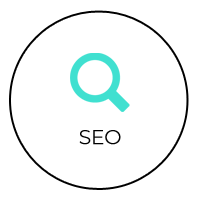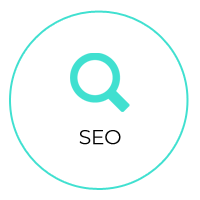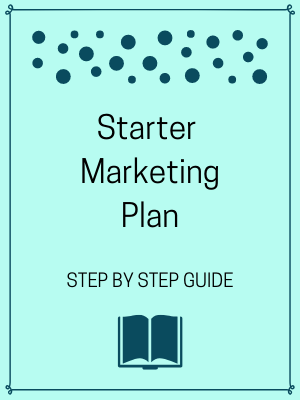Should You Be Afraid of Disruption Affecting Your Business?
‘I could either watch it happen or be a part of it.’
Elon Musk
Disruption is the buzzword in business and in the media at the moment.
Every day on the news we read about industries that are being affected like:
- energy where the need for reliable, renewable energy has affected the coal and mining industries
- customer service sectors with the innovation of artificial intelligence
- bricks and mortar retail with the emergence of online shopping
- the vinyl/DVD/CD markets that made way for live streaming
- typewriters to word processing and computers and eventually the Internet
- manufacturing industry to 3D printing.
Background
Disruption is not new though and the term disruptive innovation was first used in 1995 by an American academic and business consultant Clayton M Christensen. Since then the idea of disruptive innovation has been applied to a range of industries both in modern times and historically, with arguments about the exact meaning changing slightly depending on who’s talking!
Contrary to popular belief, disruption is not something that happens instantly with changes occurring overnight. Rather, it’s generally slow to take hold as it gains a foothold in the particular market while the new product or service is initially released. It then penetrates further into the market before challenging the most profitable part of the sector by offering a new alternative while demand for their product/service disappears. This can sometimes take years.
Sharing Economy
Then there is the ‘sharing economy’. Uber has made such a huge impact on the taxi industry that we refer to things now as ‘the Uber’ of this or that. Airbnb, also under the banner of the ‘sharing economy’, has also had an enormous effect on the hotel industry.
Digital Disruption
With the rapid evolution of technology, what we’re looking at now is not just digital disruption, but a total upheaval of the way businesses engage with their customers, understand their requirements and offer a more seamless experience. Examples that come to mind are 3D printing being used in medicine to create living tissue; virtual reality for shopping or viewing properties for sale; drones in the air offering taxi services; and the Internet of Things (IoT) sharing data for smart appliances.
Articles and podcasts bombard us about disruption day in and day out, so it’s no wonder many of us feel fear and have a feeling of anxiety about what the future holds.
Is Disruption a Bad Thing?
Disruptive innovation is not necessarily bad though and it’s important to understand the fact that disruption, particularly digital disruption, is never going to stop. Change brings exciting opportunities for all industries and you need to be willing to adapt and embrace them. New digital technology can boost your business’s efficiency, improve your customer experience, offer better communication in real time and even open up new market opportunities.
So, what should you be doing when you read about all this ‘disruption’?
1. Education is Key
Learn, learn, learn. Stay abreast of the new technologies and ideas emerging. Putting your head in the sand is never a good idea or you will be left behind. But keep it all in perspective. Some changes will take a long time to come into effect and some will never take off. Others that can complement what you are offering should be embraced. The dinosaurs of your particular industry who don’t keep updated, will become extinct.
2. Embrace Change
Change is going to happen so being afraid is not going to help. Instead focus on how you can embrace change to help you become more efficient and more effective at your job and improve communication. Talk to staff in your marketing and IT departments to see what innovations you can start to introduce to improve your offering.
3. Become a Leader
Becoming a leader in your business includes better customer service and connecting authentically with your customers and staff. If you aren’t outstanding in everything you do and offer, then maybe you deserve to be disrupted. It’s time to review your business and how you conduct it. Liaise with other businesses in your industry to see how disruption is affecting them and how they are handling it. Collaboration can have a positive outcome.
4. Marketing & Social Media
Social media is here to stay, and you need to have a good strategy on how you can stand out. Gone are the days where you can just post and hope you hit your mark. If you don’t know what you are doing, pay to get a strategy done for you. Whether you continue to implement it or keep paying for help, is irrelevant as long as you are connecting with your tribe.
Your website which is the basis of your digital marketing needs to be professional and set up for marketing – clear message, call to action, collecting visitors’ details into a database.
We speak to many small businesses who still have no idea about what constitutes a good website, let alone understand what they should be doing online even for the basics. These days that is called business suicide! And yes, these businesses are struggling to stay alive. They are not staying abreast of what they need to be doing online and there is no excuse for that.
5. Plan
What if your business or industry is being disrupted or you think it may be disrupted in the future? How will that affect your business? What other services or products can you offer? How can you add value to what you are doing? Be creative and proactive. Don’t wait for the changes to happen, start planning now.
**********
People resist change because they focus on what they have to give up instead of what they have to gain. Disruption or innovation or change or whatever you want to call it, will not stop. But there is no need to be fearful. Feel the fear and do it anyway and remember ….. Life is like underwear, change is good.
Like this article or found it helpful? Share it!
Join us for updates, tips and inspiration on Facebook , follow us on Instagram and check out our Pinterest images.
Profit from our expertise and contact us for advice today.
Judith Shuttleworth
Latest posts by Judith Shuttleworth (see all)
- How to Add Sex Appeal to Your Marketing in 5 Easy Steps - 28/08/2019
- Creating an Irresistible Brand - 16/08/2019
- Copywriting Secrets – 6 Simple Rules - 31/07/2019
Want more leads?
Get my SIMPLE TIPS TO GET YOUR LEADS & SALES SOARING.
Categories
- Blog (17)
- Brand (10)
- Business (8)
- Content Marketing (2)
- Copywriting (1)
- Design (1)
- Local Marketing (1)
- Marketing (15)
- Mobile Website (2)
- Online (4)
- Outsourcing (1)
- Reviews (1)
- SEO (9)
- Social Media (8)
- Website (16)
- Website Design (5)
